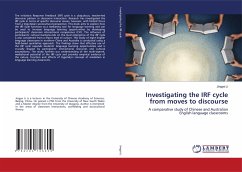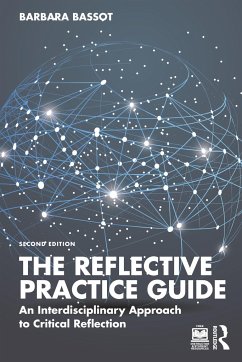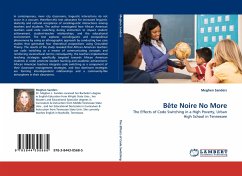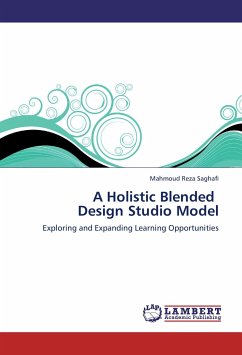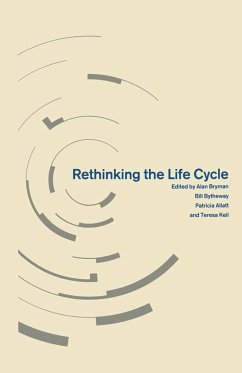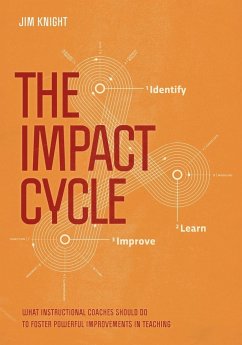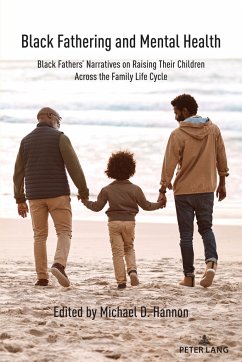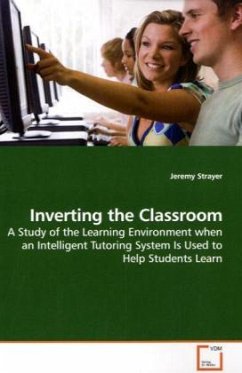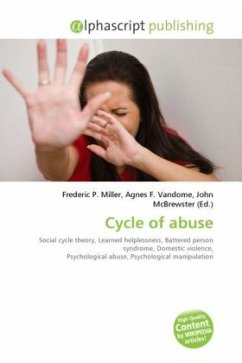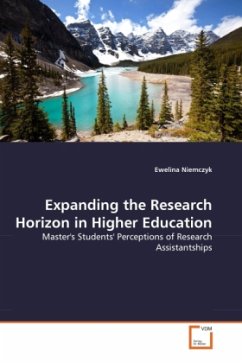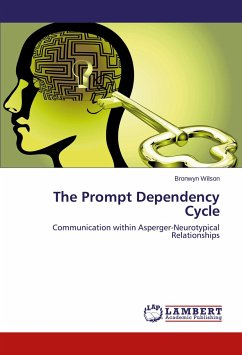
The Prompt Dependency Cycle
Communication within Asperger-Neurotypical Relationships
Versandkostenfrei!
Versandfertig in 6-10 Tagen
28,99 €
inkl. MwSt.

PAYBACK Punkte
14 °P sammeln!
Intimate relationships encounter significant difficulties when one partner has Asperger's Syndrome (AS) and many of these relationships become dysfunctional. Despite the swelling momentum of worldwide research on Autism Spectrum Disorders (ASD), research continues to have tunnel vision, focusing mainly on children. This limited attention has meant that adults with AS and their partners have largely been ignored by the public, healthcare providers, researchers, academics, and policy makers. Largely, the result for these couples is a lack of community understanding, ineffective clinical interven...
Intimate relationships encounter significant difficulties when one partner has Asperger's Syndrome (AS) and many of these relationships become dysfunctional. Despite the swelling momentum of worldwide research on Autism Spectrum Disorders (ASD), research continues to have tunnel vision, focusing mainly on children. This limited attention has meant that adults with AS and their partners have largely been ignored by the public, healthcare providers, researchers, academics, and policy makers. Largely, the result for these couples is a lack of community understanding, ineffective clinical interventions, and feeling "invisible" and "disbelieved." This book illustrates the use of Grounded Theory to explore prompt dependency and resulting impacts on interactions within Asperger-Neurotypical relationships. The refined theory and related theoretical model that emerged through Grounded Theory's coding processes illustrates the need for reciprocal interaction (NT partner) and the need to avoid reciprocal interaction (AS partner) were the common threads that kept prompt dependency cycling between partners. This study provides relevant implications for all stakeholders regarding AS-NT couples.





